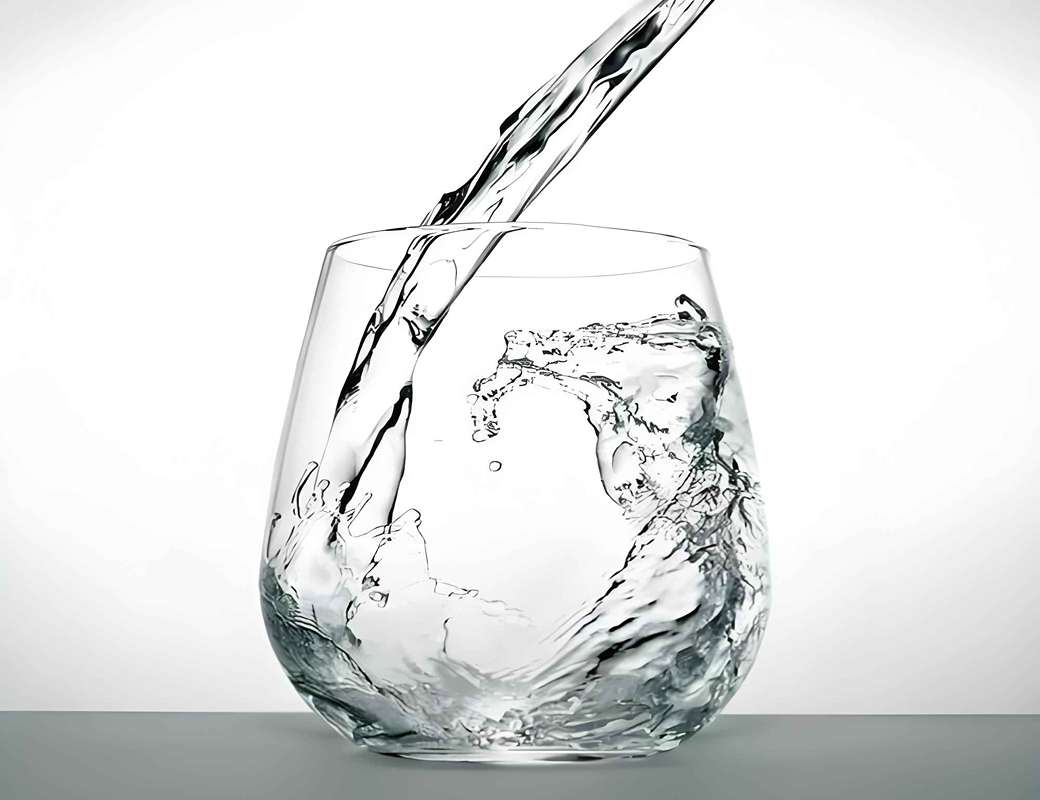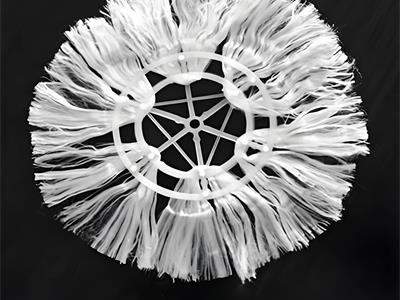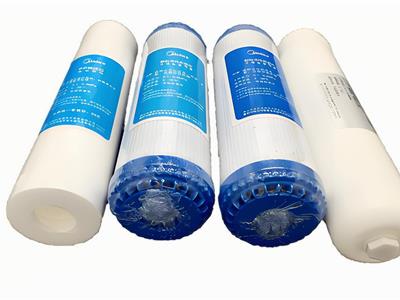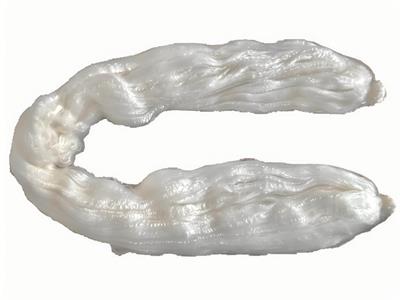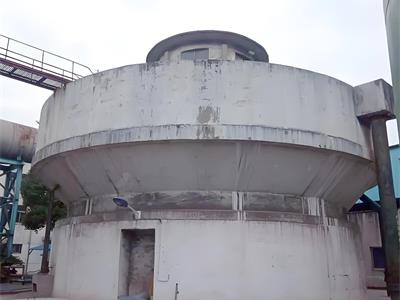- 2025-07-22
Effects of Hard Water
Scale formation mechanism
Hard water precipitates calcium, magnesium and other mineral ions during evaporation, forming stubborn deposits on the surface of the equipment. Commonly found in:
Heat exchanger/boiler heat transfer surface (scaling rate>1mm/year)
Pipeline inner wall (deposition risk doubles when flow rate <1.5m/s)
Bathroom facilities (calcification scar hardness reaches Mohs level 3)
Industrial hazard evidence
Pipeline system
Narrowing of pipe diameter leads to 200-400% increase in pressure loss
Galvanized steel pipe corrosion rate increases by 5 times
Boiler system
1mm scale reduces thermal efficiency by 9-12%
Local overheating causes pipe burst accident (>350℃ pipe wall temperature difference)
Microbial risk
Scale pore formation For Legionella biofilm carrier
Increase the bacterial growth rate in hard water environment by 40%
FupengWater professional solution
Core process
Reverse osmosis system (RO)
Desalination rate> 98% to completely remove scaling ions
Equipped with automatic flushing program to prevent membrane pollution
Nanofiltration system (NF)
Selective retention of divalent ions (Ca²⁺/Mg²⁺)
Applicable to medium hardness water sources with TDS≤500mg/L
Engineering benefits
Equipment protection
Extend boiler life by 3-5 years (in accordance with NB/T 47035 standard)
Extend the cleaning cycle of heat exchanger to 12 months
Energy consumption optimization
Boiler fuel consumption is reduced by 15-22%
Pumping system power consumption is reduced by 18%
Operation and maintenance guarantee
Eliminate the need for periodic acid washing of bathroom facilities
Avoid production suspension and cleaning losses (average daily savings> ¥20,000)

